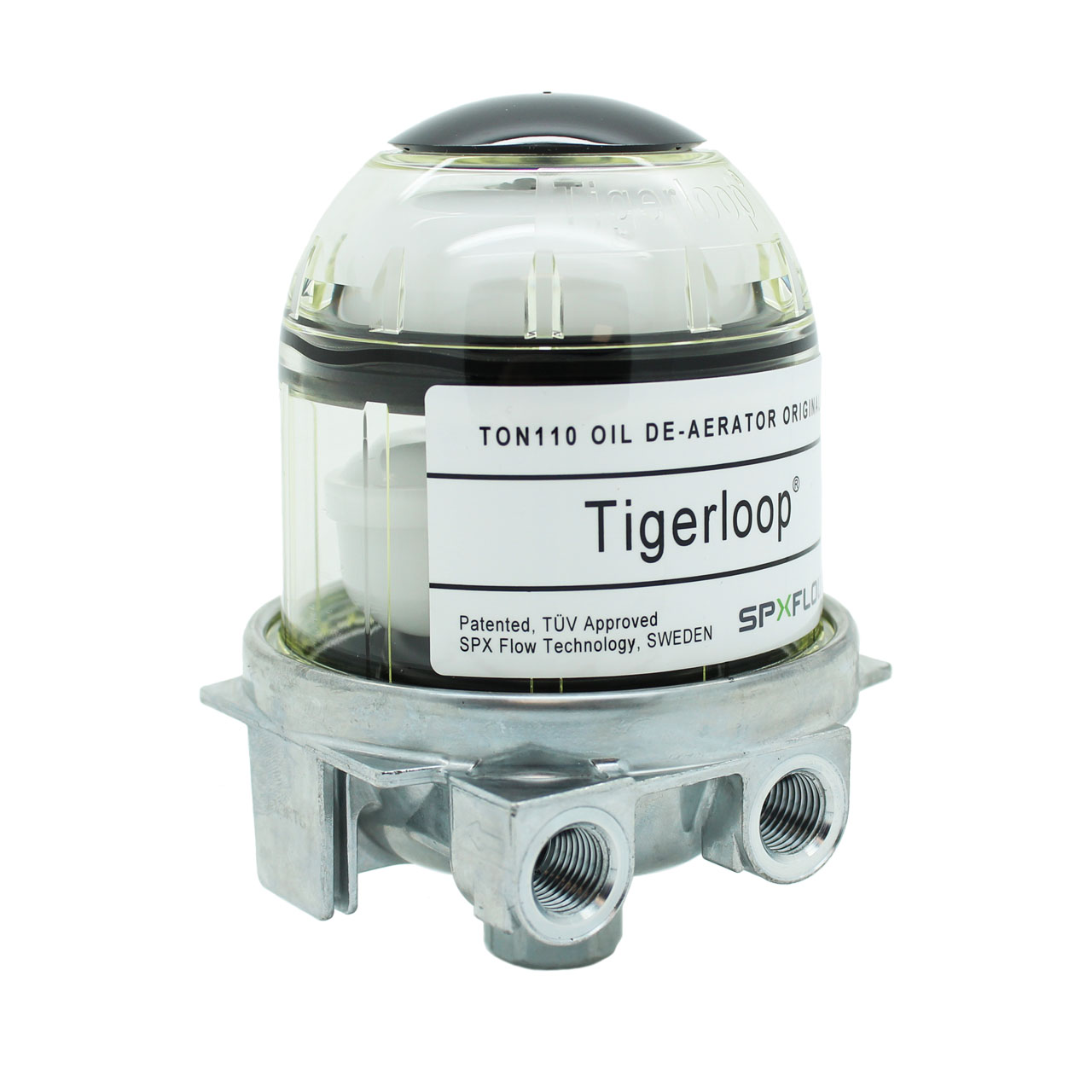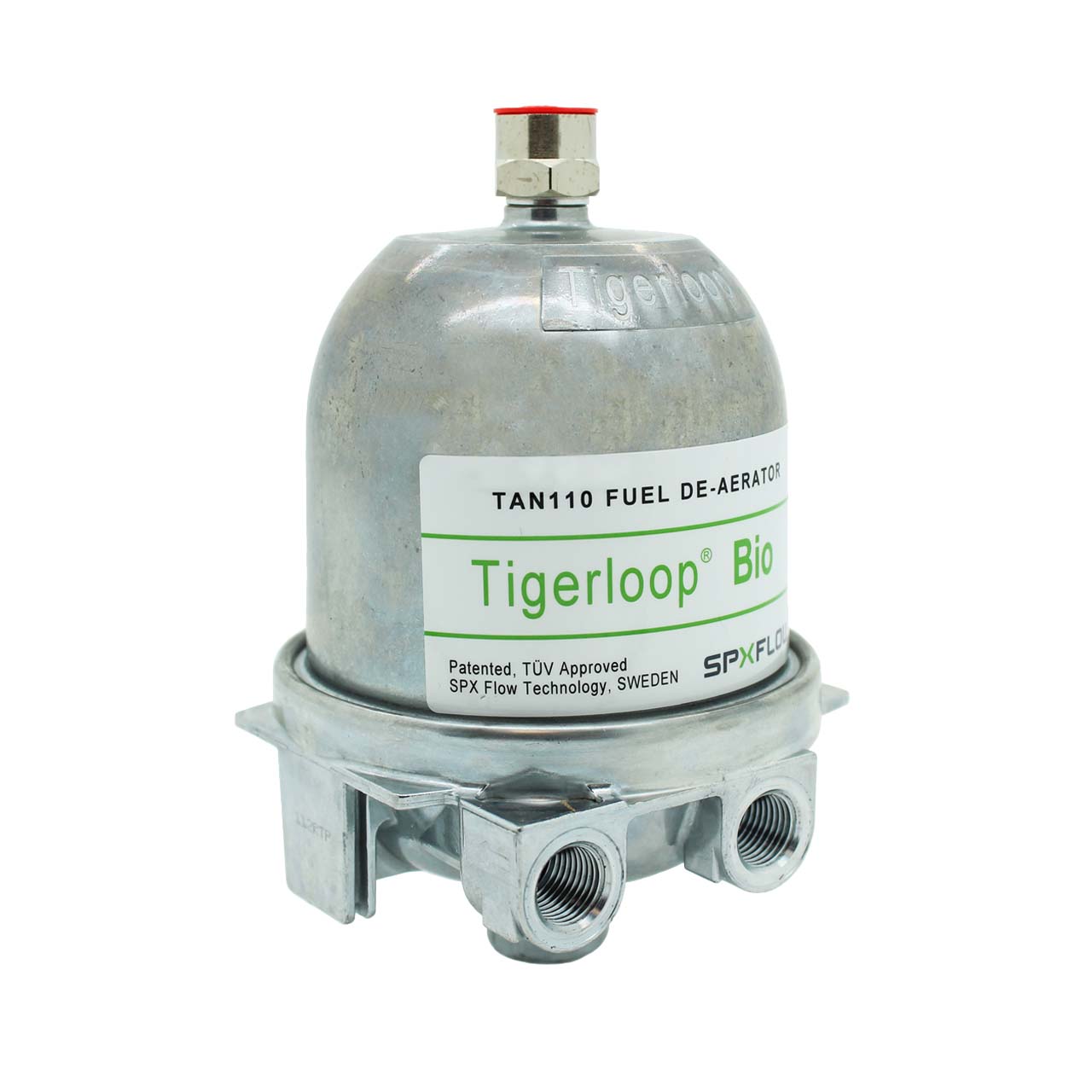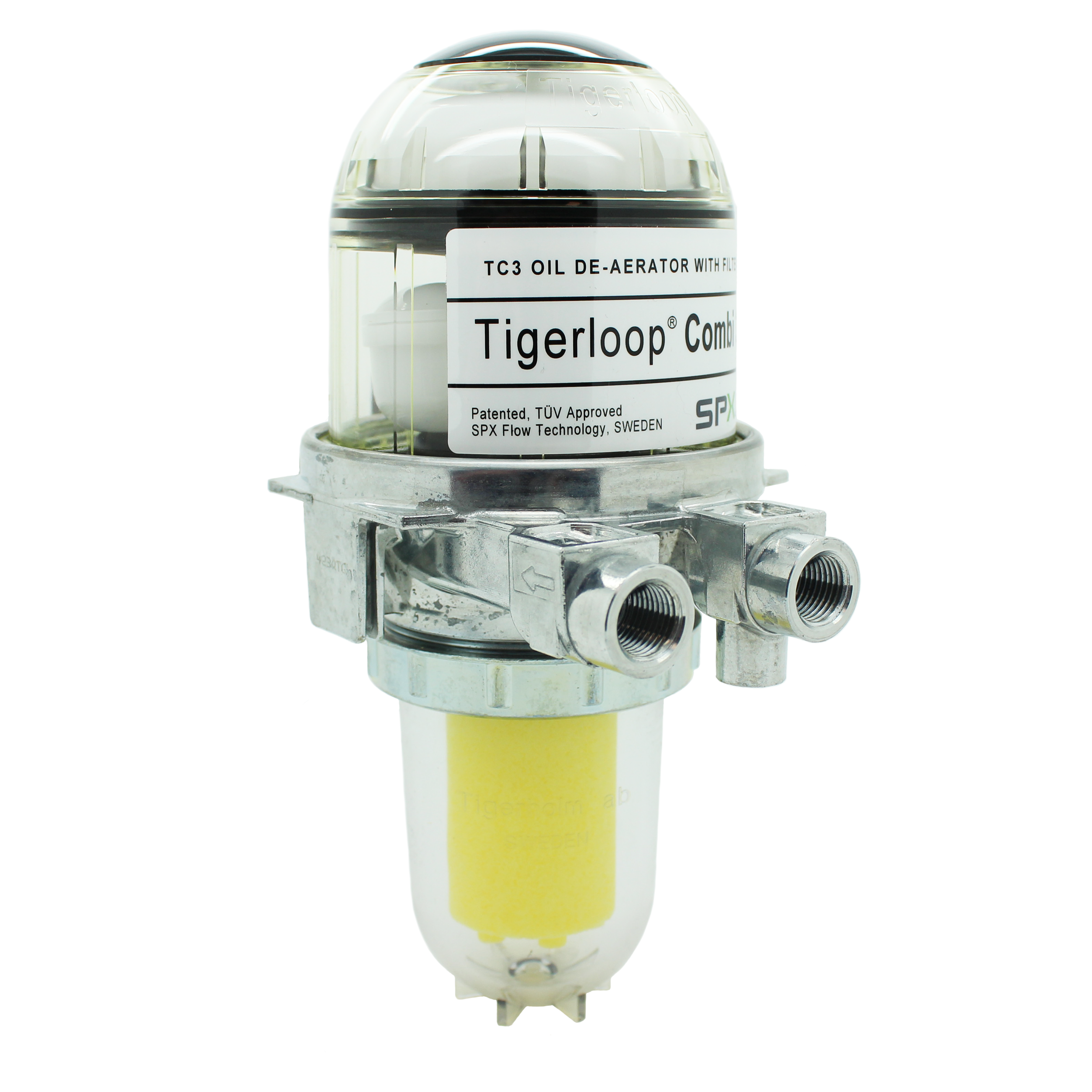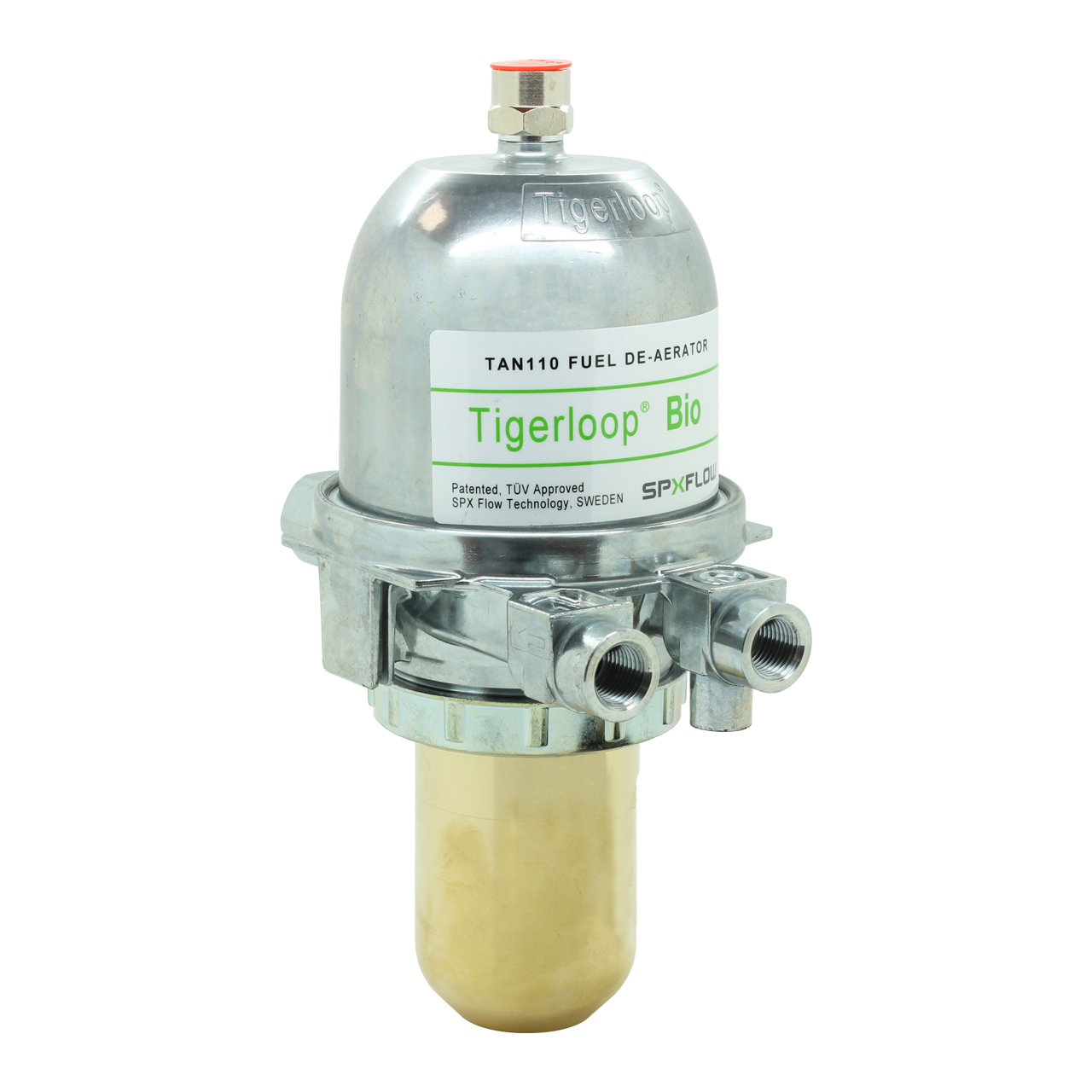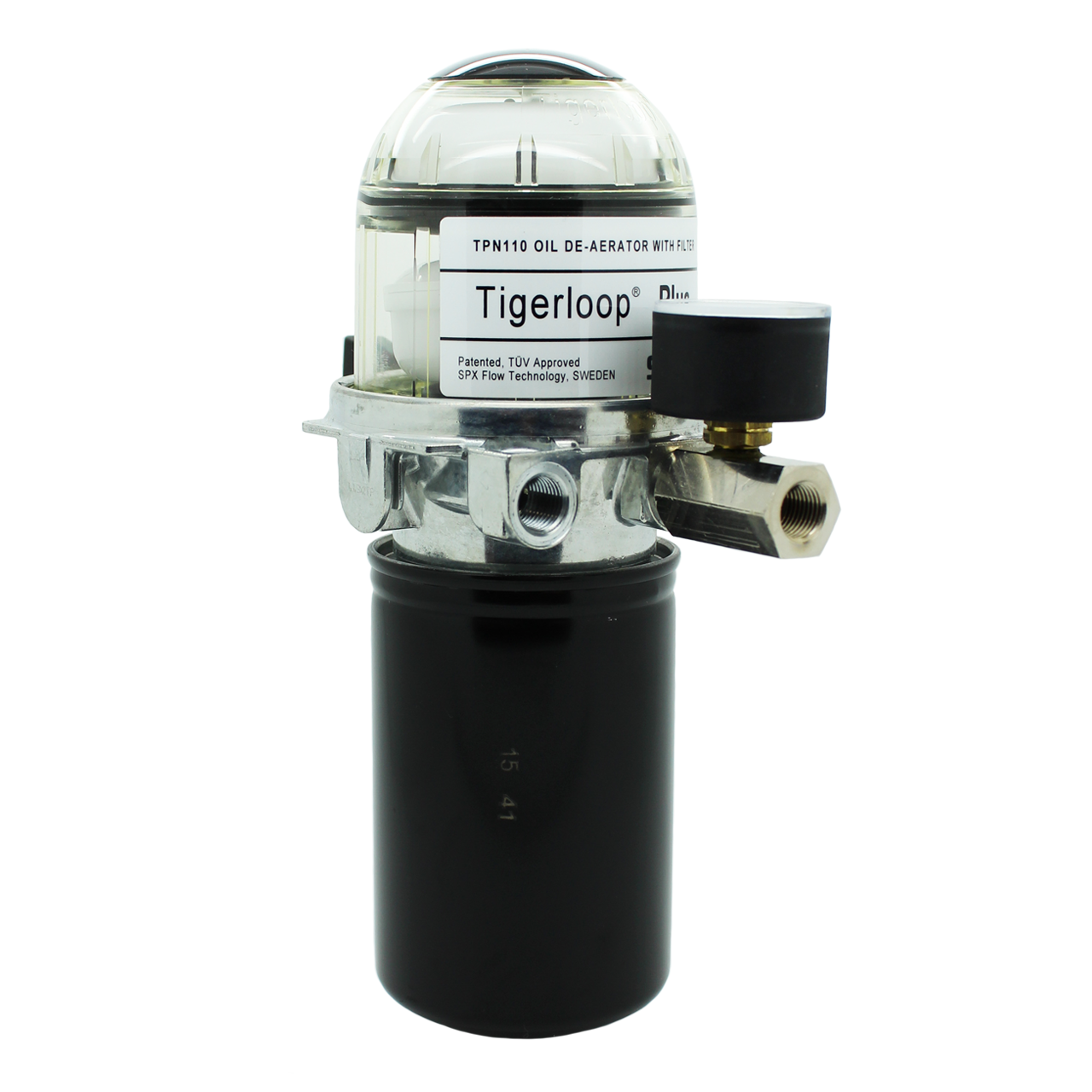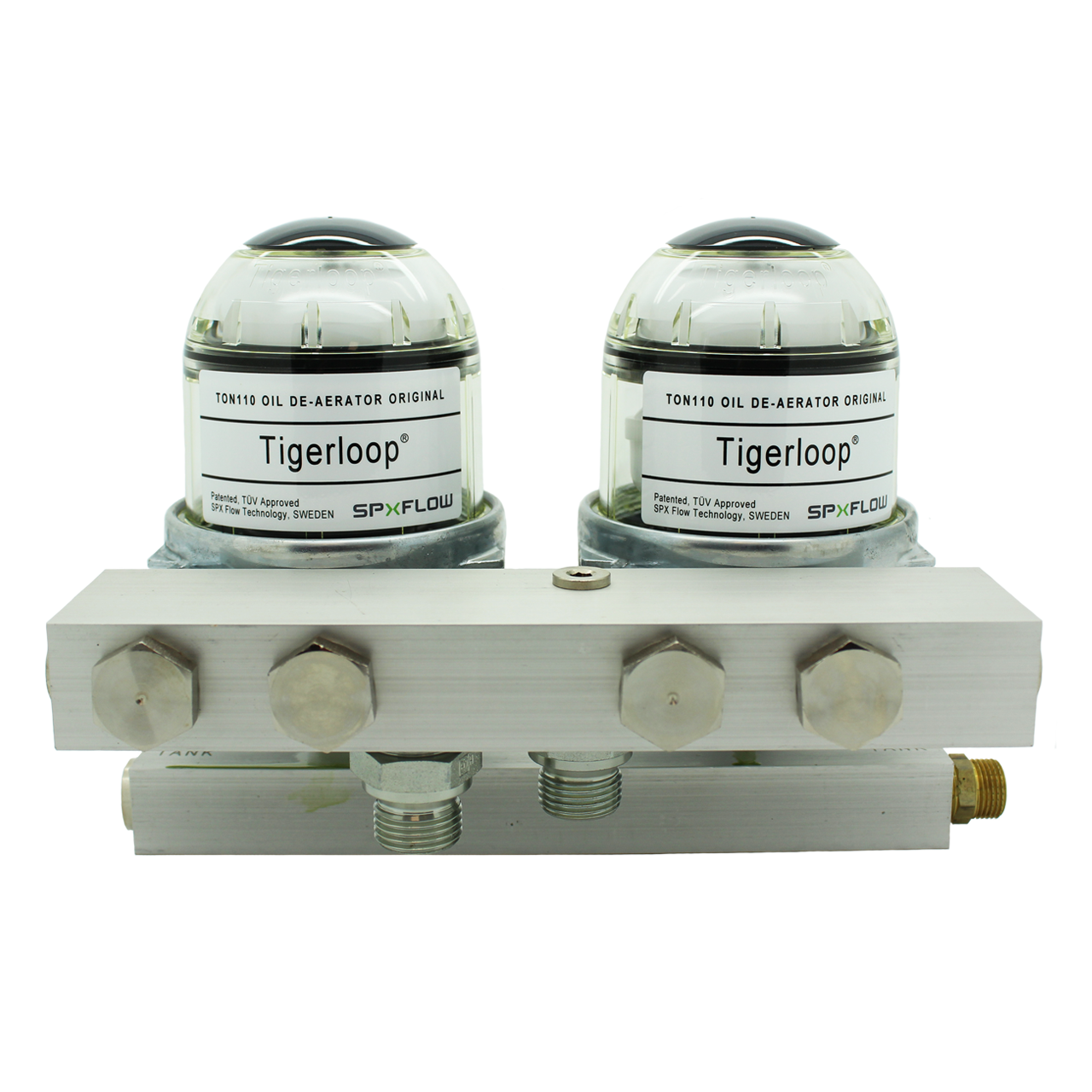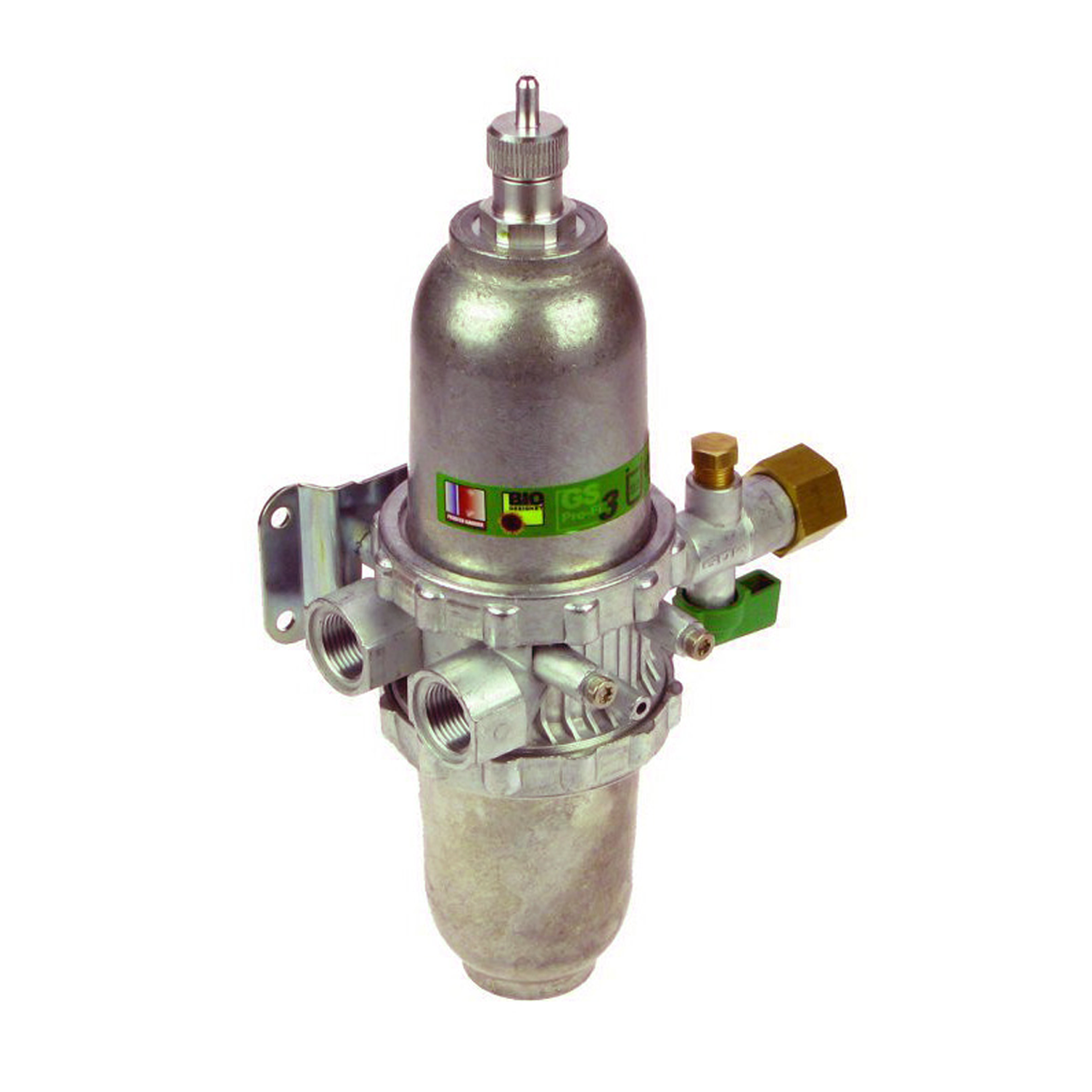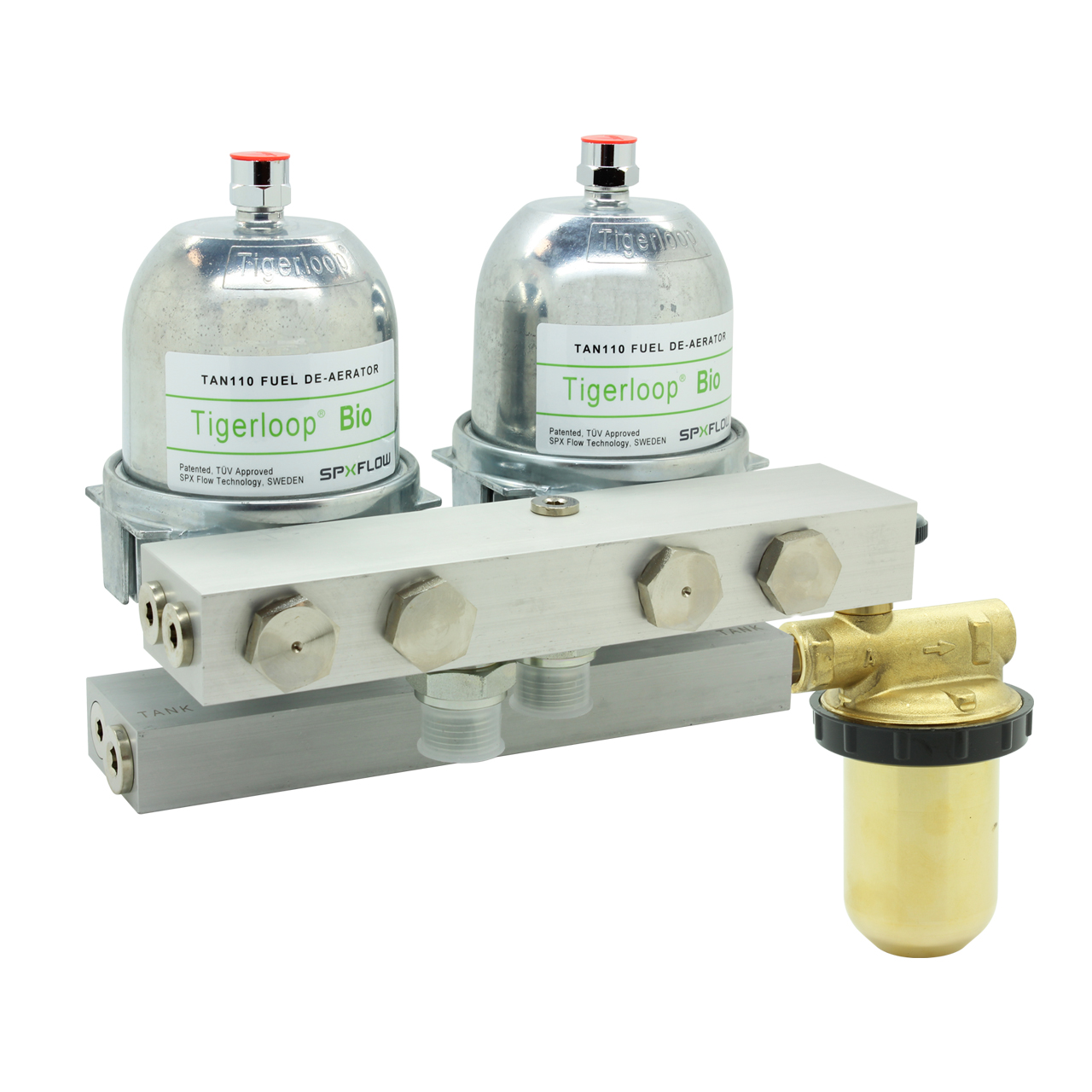Oil Deaerators
In an oil heating set up, Oil Deaerators are a crucial component designed to remove air and gases from the fuel oil before it reaches the burner. These air and gas contaminants can negatively impact the combustion process, leading to inefficiencies, increased emissions, and potential damage to the heating system components.
The deaerator, like the Tiger Loop Deaerators, such as the Tigerloop Original Deaerator typically operates as a vacuum-based system to separate air and gases from the fuel oil. Once separated, the deaerator allows the pure, deaerated fuel to flow through to the burner, ensuring a clean and efficient combustion process. This therefore results in a more-efficient burn and enhanced cold weather performance.
Oil Deaerator FAQs
An oil deaerator is a device used to remove dissolved gases, particularly air, from an oil heating system. Removing air from the oil is essential because air bubbles in the oil can lead to combustion inefficiencies, reduced equipment performance, and potential damage. Deaeration helps to ensure a more stable and efficient combustion process, leading to better fuel efficiency and reduced maintenance needs.
Deaerating oil is important because the presence of air in the fuel can cause several problems, such as:
- Combustion Issues: Air bubbles can cause irregular fuel delivery, leading to incomplete combustion, soot formation, and higher emissions.
- Equipment Damage: Air pockets in the fuel can lead to cavitation, which may damage pumps, injectors, and other engine components.
- Reduced Efficiency: Air in the oil can reduce the efficiency of the combustion process, leading to higher fuel consumption and lower overall performance.
An oil deaerator typically works by heating the oil and then using a vacuum or centrifugal force to remove the dissolved gases. The process reduces the solubility of gases in the oil, allowing them to escape and be vented away. The deaerated oil is then fed into the engine or burner, ensuring that the fuel is free from unwanted air bubbles.

